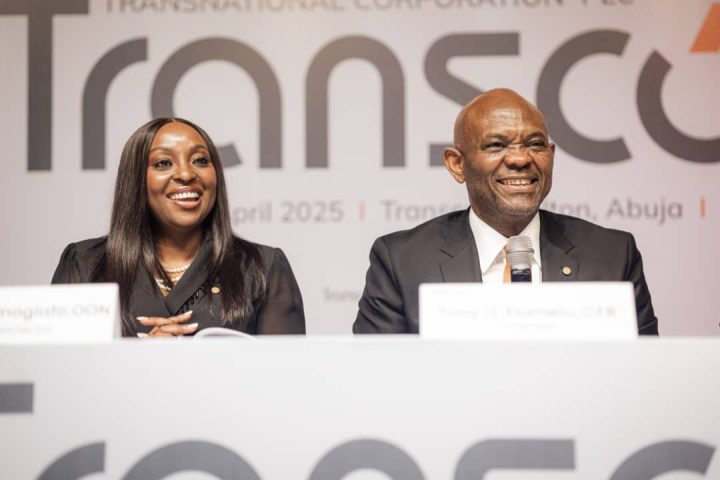The Nigerian naira spiralled downwards by 8.97% against the dollar, closing at N988.46/$ despite a $2.25 billion infusion from Afreximbank.
The currency’s depreciation persisted, signifying a challenging start to the New Year, following the Central Bank of Nigeria’s unification of the FX market in 2023.
Join our WhatsApp ChannelPrime Business Africa’s daily FX tracker revealed this drastic decline, showcasing an N81.35 loss compared to the previous close.
According to traders, the injected $2.25 billion, part of a $3.3 billion FX support facility, aimed to alleviate the acute liquidity shortage. Yet, market sentiments remained unchanged, maintaining their positions despite this pivotal intervention.
“This depreciation indicates the ongoing struggle to address the liquidity shortage in the FX market,” commented an economist at the forefront of Nigeria’s financial landscape.
The collaborative effort between Afreximbank, UBA, NNPC, Sahara Energy, Vitol, Oando, and Gunvor led to the release of the first tranche into the market. Despite this financial collaboration, the market response remained unyielding.
“The intention behind this strategic financial agreement was to bolster dollar supply and alleviate the current FX supply challenges. However, market dynamics seem resistant to immediate positive changes,” remarked a representative from UBA.
This initial tranche, directed to a designated account at the Central Bank, was expected to ease forex liquidity pressures.
UBA, playing a vital role as the Onshore Depository Bank, alongside NNPC and major oil trading firms, aimed to fortify Nigeria’s FX market. Despite their collective efforts, the market continued to exhibit volatility.
The situation signals the complexity of Nigeria’s FX market and underscores the challenges in addressing its liquidity crisis, despite concerted efforts from key financial players.
Emmanuel Ochayi is a journalist. He is a graduate of the University of Lagos, School of first choice and the nations pride. Emmanuel is keen on exploring writing angles in different areas, including Business, climate change, politics, Education, and others.



















Follow Us